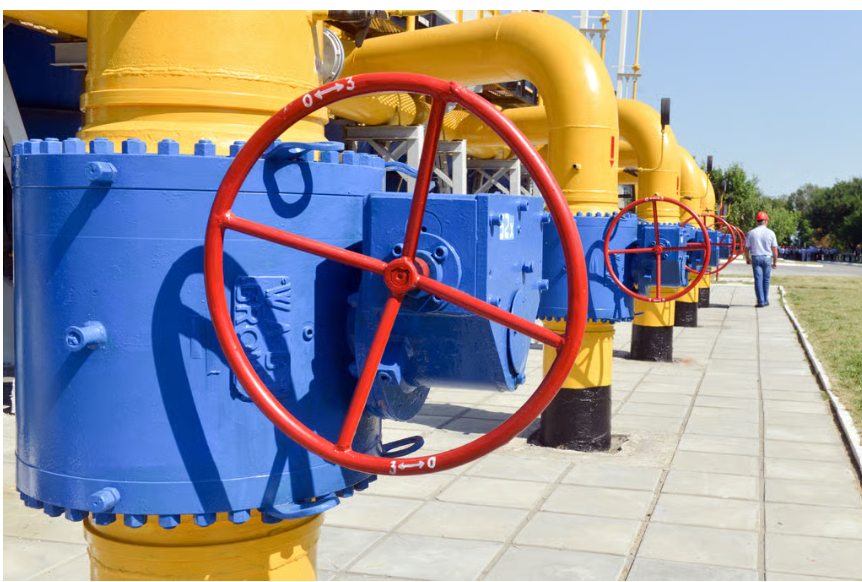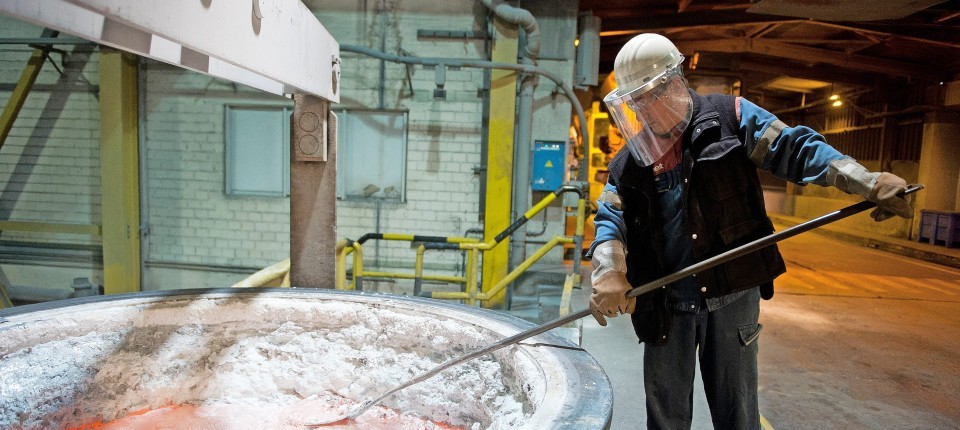

The European Parliament's inclusion of aluminium in the Strategic Raw Materials list in the forthcoming Critical Raw Materials Act marks a significant development. Concurrently, Aluminium Deutschland conveys that the German aluminium industry continues to grapple with challenges, primarily in terms of securing a stable energy supply and enhancing its global competitive position.

A recent survey of its members found that more than 50 per cent of the participating companies are currently facing supply and pricing challenges in the energy markets. Additionally, one out of every seven respondents indicated that their situation has deteriorated. Looking ahead, 40 per cent of the participants anticipate experiencing further adverse effects in the upcoming months.
Most of the survey participants, precisely 75 per cent, expressed the opinion that Germany's standing as an industrial hub in terms of competitiveness is either low or very low, with none indicating a high or very high rating. Among the companies surveyed, 31 per cent reported the necessity to implement short-time work measures, while 37 per cent experienced reductions in their production capacities. Additionally, 18 per cent indicated a reduction in their workforce, and 8 per cent disclosed the relocation of certain production operations to foreign locations.
Rob van Gils, the President of Aluminium Deutschland, said, “It is right and important that Parliament also recognises the importance of aluminium for the Green Deal. Many technologies and goods indispensable for the transformation contain large quantities of aluminium. In the ensuing trilogue negotiations and the final law, decision-makers must continue to recognise this central role of our material.”

“While aluminium is essential for the transformation, the German aluminium industry is in a tangible crisis. We are seeing significant declines in the order books. This contradicts the political goal of making Europe greener and more resilient. Three-quarters of the world’s primary aluminium is produced in China, Russia and the Middle East – with all the consequences for the security of supply in Germany and Europe. That is why I appeal to common sense in Berlin. The people involved urgently need to find a way to defuse the situation until green energy is available nationwide and cheaply.”
Van Gils expressed his perspectives on the energy crisis within the aluminium industry last year, advocating for a comprehensive solution at the continental level and emphasizing the need for politicians to take responsibility for implementing reforms. Aluminium Deutschland has additionally emphasized the scarcity of post-consumer recycled materials suitable for utilization in the aluminium packaging sector and has promoted widespread industry transformations to ensure the availability of these materials.
On a brighter note, the International Organisation of Aluminium Aerosol Container Manufacturers (AEROBAL) reports a 6.6 per cent growth in global shipments of aluminium aerosol cans, totalling slightly above 3.2 billion units during the initial half of 2023.
For a comprehensive insight into the latest developments in heat treatment within the aluminium industry, we invite you to delve into the most recent edition of AL Circle's e-Magazine, "Heat Treatment: Challenges and Solutions in the Aluminium Industry". This publication provides in-depth information and updates on the subject, offering valuable knowledge and insights for professionals in the aluminium industry.
Responses








